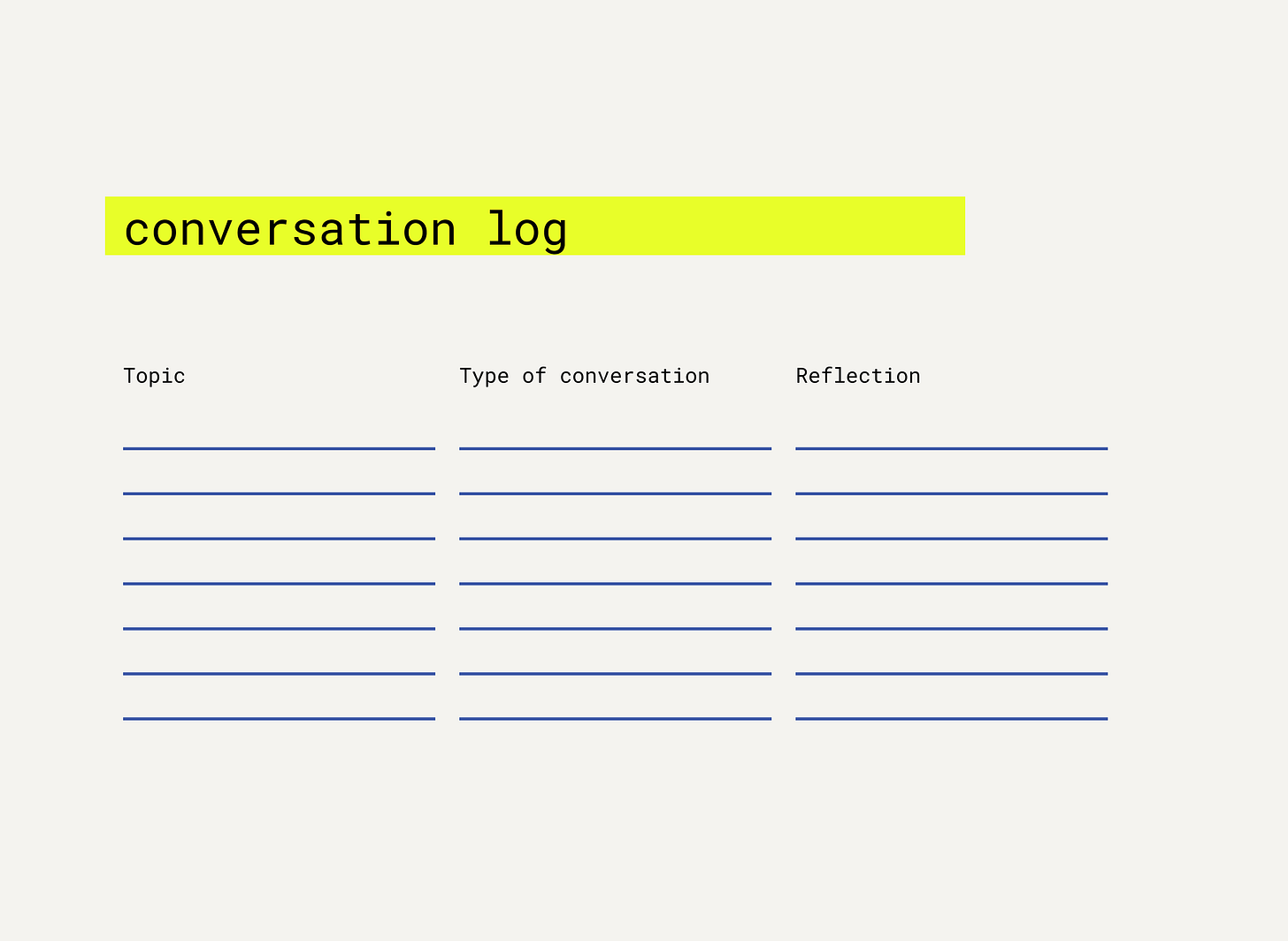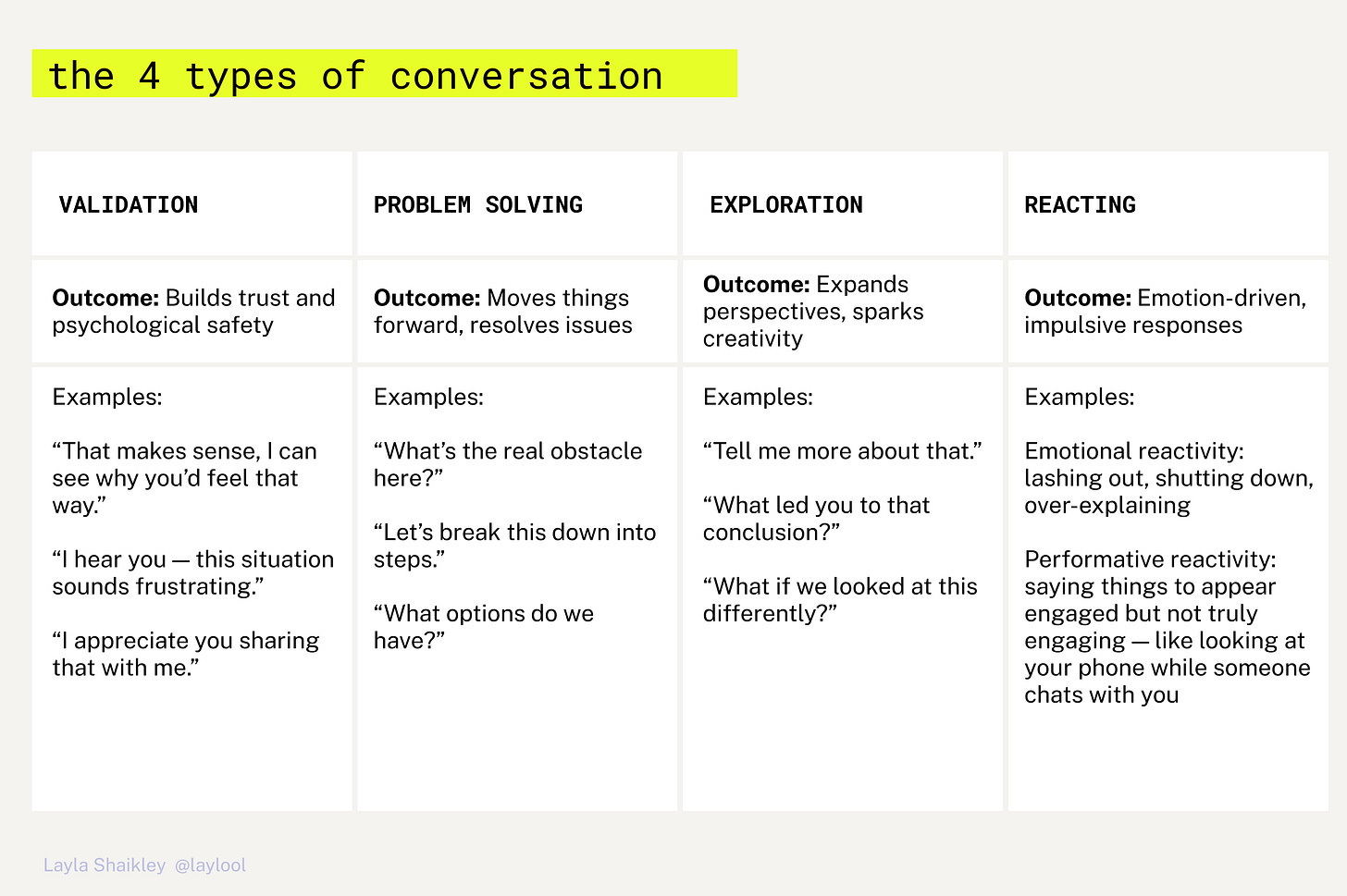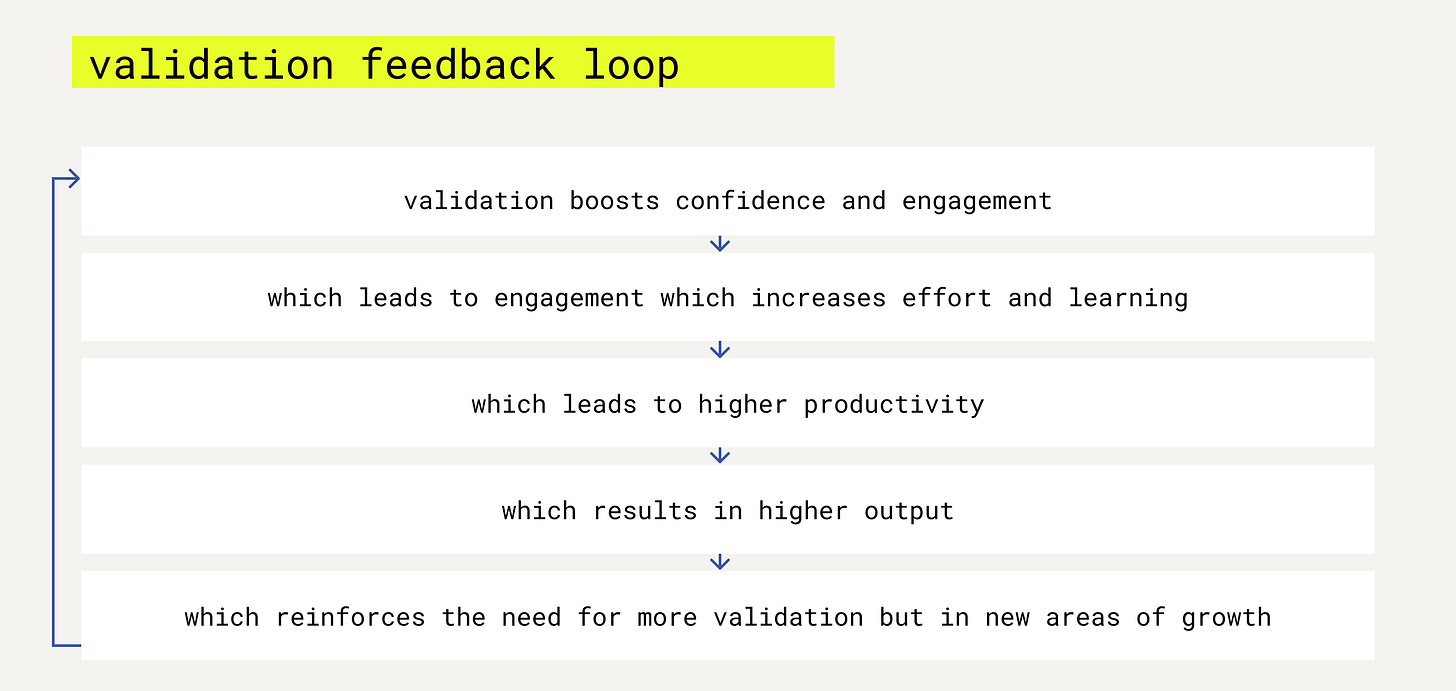Intelligence is contagious
Intelligence is contagious. And intelligence is the most important thing you can possess — because intelligence sharpens judgment. And judgment is how society values you.
Judgment is why people will give you more or fewer opportunities
Judgment is why people will go out of their way to engage with you
Judgment is why interviews seldom reflect a candidate’s strength
Judgment is why CEOs of big organizations are paid in the millions
Judgment is why 10 super sharp people create more impact than 50 disengaged ones in any workplace
Judgment is why failed/average entrepreneurs have a disproportionately higher chance of success their second go-round
Judgment is why founders with experience — whether their previous ventures were successful or not — have an increased likelihood of success and are more likely to be backed by investors
Judgment accelerates decision-making. Which means the people and things you engage with will either accelerate or hinder your path to success.
Knowledge is co-created through interactions
An “aha” moment in a conversation happens when you articulate your thoughts, and someone tugs them in a particular direction, helping you arrive at the conclusion you were searching for. This phenomenon has been widely researched, including through the lens of social constructivism: knowledge is built through social interactions, with each conversation serving as a building block for new insights and perspectives. The scaffolding process accelerates learning by bridging gaps in understanding. And by forcing clarity via dialogue.
The fastest way to develop judgment: You are what you consume
There are two ways to develop judgment:
1. Experience
2. Conversation
Conversation is a substantially faster way to develop judgment than experience — if you are actively connecting the dots in real time, making comprehension faster and more effective. There is a very high ROI on keeping smart company, which might explain why people say you are the sum of the five people you spend the most time with.
Mentors and books fast-track your way to success because they accelerate how quickly you think. The information you engage with defines your judgment.
Think about a time you were struggling with a complex idea. Alone, your brain worked overtime, trying to make sense of all the moving parts. But when you spoke to someone who was actively listening, their questions, clarifications, and engagement helped you crystallize your thoughts.
This is known as attending — a phenomenon where an attentive listener doesn’t just hear you but helps you refine and clarify your ideas. This happens when CEOs navigate high-stakes decisions and lean on coaches or advisors to sharpen their perspectives.
In Validation, Caroline Fleck encourages readers to ask themselves in every conversation:
What’s a better way to make this person’s point, and why does it matter to them?
Do they want a problem solved, or do they want validation?
Question: Do you think the two questions above can steer any conversation? What would you add?
Attending happens in many ways
Nonverbal Engagement:
Eye contact (varies culturally)
Nodding or facial expressions showing attentiveness
Open body language (leaning in, facing the speaker)
Avoiding distractions (put the phone away)
Verbal Encouragement:
Short affirmations: “I see,” “That makes sense,” “Go on”
Reflecting back to confirm understanding
Asking clarifying or follow-up questions
Psychological Presence:
Being mentally present rather than planning your next response
Withholding judgment while listening
Emotionally tuning in to the speaker’s tone and feelings
The bottom line: Active listening sharpens thinking. Sharper thinking refines judgment
The 4 Types of Engaging in a Conversation
How you converse determines your ability to growth, conversations happen in 4 ways.
Type 1: Validation — “I see you. I hear you.”
Outcome: Builds trust and psychological safety
Trap: People avoid validation if they don’t agree — but validation is about recognizing, not endorsing
Examples:
“That makes sense, I can see why you’d feel that way.”
“I hear you — this situation sounds frustrating.”
“I appreciate you sharing that with me.”
Opportunity for attending: High
Type 2: Problem-Solving — “Let’s figure this out.”
Outcome: Moves things forward, resolves issues
Trap: Jumping to solutions before validation — people resist solutions when they don’t feel heard
Examples:
“What’s the real obstacle here?”
“Let’s break this down into steps.”
“What options do we have?”
Opportunity for attending: High
Type 3: Exploration — “What else could be true?”
Outcome: Expands perspectives, sparks creativity
Trap: Exploration isn’t about solving immediately — it’s about thinking better
Examples:
“Tell me more about that.”
“What led you to that conclusion?”
“What if we looked at this differently?”
Opportunity for attending: High
Type 4: Reacting — The Unproductive Conversation
Outcome: Emotion-driven, impulsive responses
Trap: The goal isn’t to eliminate emotion but to respond with intention, not impulse
Examples:
Emotional reactivity: lashing out, shutting down, over-explaining
Performative reactivity: saying things to appear engaged but not truly engaging — like looking at your phone while someone chats with you
Opportunity to attend: Low

It is likely that you approach conversations similarly, and have a dance with certain people. The problem-solving approach made me a great founder, but as my organization grew it made me an overbearing boss. I would power through solutions and “leave body bags,” as someone once told me. I had to learn how to take a step back, validate, and create space for alternative opinions.
Question: Are you aware of the communication style you default to?
Judgment can be dulled by algorithms
The average American has 7 hours of screen time every day
While we don’t engage with algorithms the way we do people, we have to recognize the impact of online discourse on our judgment. We actively and passively practice attending on our phones daily.
Whether it’s actively degenerative content (like contributing to Reddit snark pages) or passively degenerative content (like endless videos reinforcing bad habits), you are connecting dots and reinforcing habits through the internet.
And it is self-fulfilling. When the algorithm determines you love trash, it will feed you trash. Rather than training a machine to get you closer to your goals, you’ve created a machine that limits you to depreciation and reactivity.
Because in order to practice good judgment, you have to seek understanding — which is inherently disconnected from the culture of online trash-talking.
One more time: In order to practice good judgment, you have to seek understanding. And the fastest way to seek understanding is to practice active validation
Validation is about listening, not agreeing
Validation isn’t just about making people feel good — it directly impacts motivation, performance, and efficiency
Validation is internal, too
Are you that indecisive friend? The one who asks the same question 15 times in different ways? Do you scenario-plan for every possible outcome and mentally exhaust yourself and others?
You don’t trust your own judgment. And you’re silently sabotaging yourself.
Because if you don’t trust your judgment, others won’t either. They won’t tell you they don’t trust it — but they also won’t seek you out for important opinions and opportunities.
You’re either smarter than you think you are, or you need to exercise your judgment more. You have to break the cycle of self-sabotage.
The validation feedback loop:
Validation boosts confidence and engagement
Engagement increases effort and learning
Higher productivity
Higher output
More validation, but in new areas of growth (and back to the top we go)
Validation is a habit
If you want to think faster, communicate better, and lead more effectively, practice validation daily
Recognize effort, not just results. Instead of “Good job,” try: “I see what you’re working toward, and it matters.”
Help people connect their own dots. Ask, reflect, and clarify rather than just offering solutions
Be intentional about validation — knowing it strengthens performance, problem-solving, and growth
Be intentional about the outcome you want. Before engaging in a conversation, ask yourself: “Am I validating, problem-solving, exploring, or reacting?”
How to apply this
Who in your network challenges your thinking in a productive way?
How can you become a better validator for those around you?
What did I miss?
Because who you engage with and how you engage with them will either accelerate or hinder your path to success
Side note: I realized last week that I don’t have my parents on this newsletter. So, I want to take a moment to first say, hi Mama and Baba 😍! I just wrote a post about Mama on my LinkedIn, which I doubt either of you saw. But you may enjoy what I have to say about you online! Though you’d never let a following determine/inflate my self of worth or judgment. Either way, welcome! And second, to say that I am really proud of and love this article because it refined my sense of judgment. I have to think and clarify ideas before I write, and I had to oil my brain aggressively to connect these week’s disparate thoughts in my head. My incentive for this blog and the content I produce is self-serving — it’s to refine my judgment.
Anyway, leave a comment for my parents below. They are the best.







One of your best yet! I am curious to see how this conversation plays out differently when engaging with / validating a peer vs direct report
I love this!